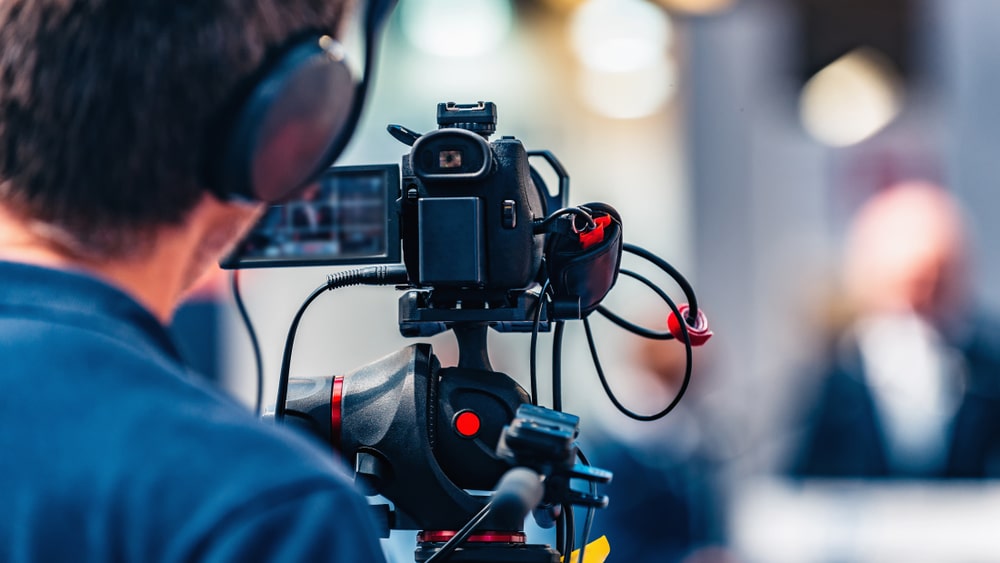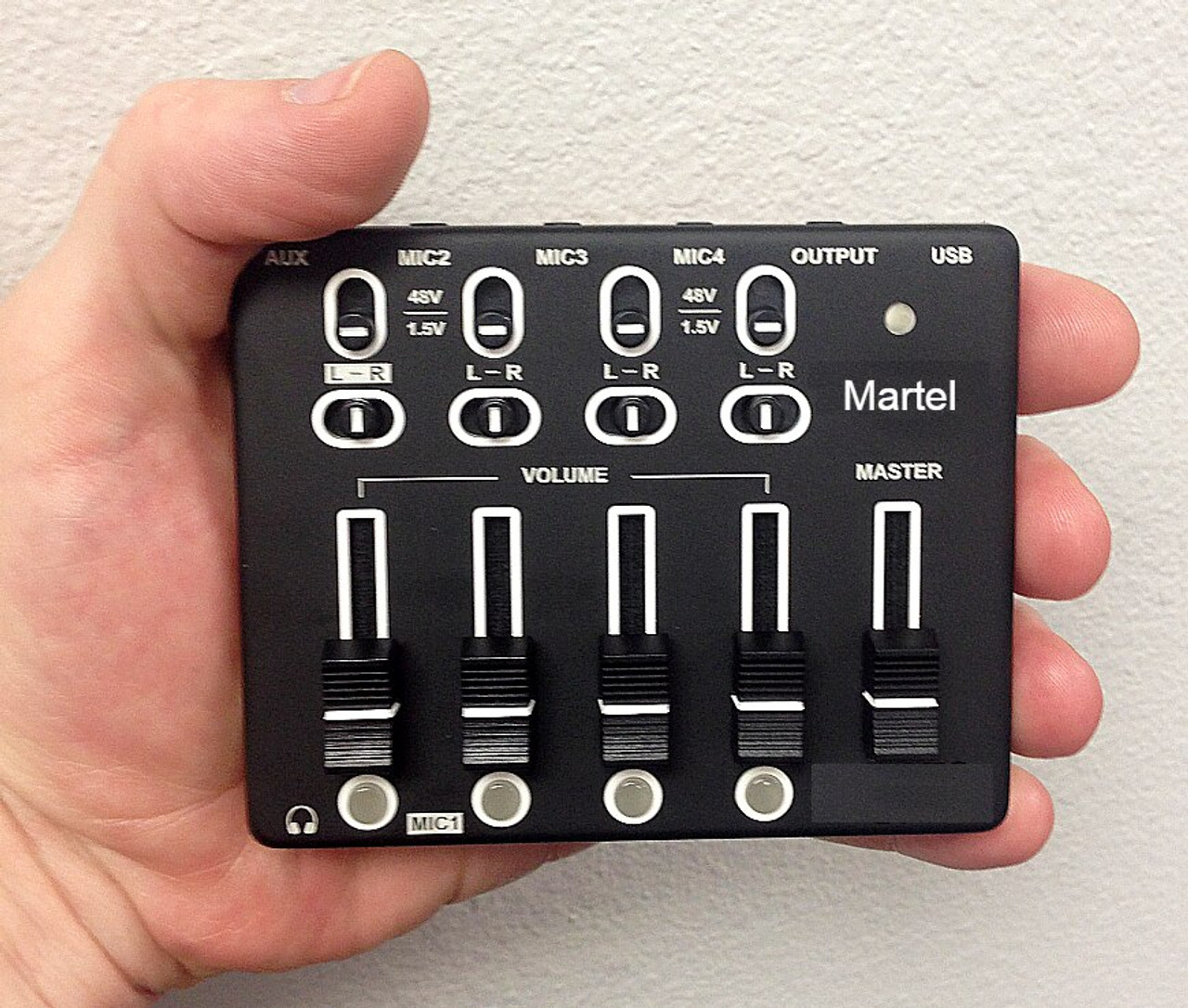Legal video depositions vs written transcripts: Which is more effective for trial?
The Importance of Legal Video Depositions in Modern Legal Solutions: What You Need to Know
Lawful video depositions have actually become necessary in today's lawful landscape. They supply a multidimensional sight of witness testaments that conventional transcripts merely can not match. By recording both spoken and non-verbal communication, these depositions enhance the total understanding of a witness's reputation. Nonetheless, the performance of video clip depositions hinges on various factors, consisting of compliance with lawful criteria and finest techniques (legal video depositions). Checking out these components exposes their true relevance in modern-day legal solutions
What Are Lawful Video Depositions?
Legal video clip depositions act as a crucial tool in the litigation process. They entail videotaping witness testimonies in a video clip layout, recording both verbal and non-verbal communication. This approach allows attorneys to record the attitude, expressions, and reactions of witnesses, giving a richer context for the statement. Commonly conducted in a controlled environment, these depositions are led by lawyers that ask inquiries while a stenotype reporter documents the discussion. The resulting video clip can be critical for test prep work, as it makes it possible for legal representatives to analyze the reliability of witnesses and refine their strategies. Additionally, lawful video clip depositions can be made use of in different legal contexts, ranging from civil disputes to criminal cases. The aesthetic and acoustic elements of video depositions boost the discussion of evidence, making it a necessary element in the contemporary legal landscape. On the whole, they add significantly to the efficiency and performance of lawful procedures.

Advantages of Video Clip Depositions Over Conventional Approaches
Video depositions use numerous advantages contrasted to traditional techniques of taking witness testimonies. One considerable advantage is the capacity to capture both aesthetic and audio elements, offering an extra comprehensive record of the witness's declarations. This twin format improves clearness and permits attorneys to reference certain subtleties throughout test preparation. Additionally, video depositions promote remote participation, making it simpler for witnesses who may be not available for in-person looks as a result of geographical restraints or health issues.Moreover, video depositions can expedite the overall deposition process, decreasing the time and expenses connected with travel and logistics. They likewise improve availability, as taped depositions can be conveniently shared amongst lawful teams and referenced at any moment. This benefit contributes to much better case management and preparation. Overall, video clip depositions stand for a contemporary, effective method to gathering witness testimonies, straightening with the evolving demands of the lawful occupation.
The Function of Body Language and Tone in Testimonies

In legal video clip depositions, body movement and tone play vital duties in communicating a witness's reliability and trustworthiness. Nonverbal hints can provide understandings into a witness's emotion, influencing just how their statement is regarded. Comprehending the influence of these aspects is essential for lawyers and jurors alike when examining the reliability of a statement.
Nonverbal Interaction Insights
While verbal interaction is frequently stressed in legal statements, nonverbal signs such as body language and tone play a crucial role in communicating reliability and feeling. Viewers of depositions may keep in mind that a witness's posture, gestures, and faces can significantly influence assumptions of integrity. As an example, consistent eye call may signal self-confidence, while preventing stare might recommend dishonesty or discomfort. The tone of voice-- its quantity, rate, and pitch-- can give sensations of genuineness or unpredictability. Attorneys need to be in harmony with these nonverbal signals, as they usually provide critical context that complements talked words. Understanding these nuances can boost the performance of depositions and affect the result of legal proceedings.
Emotional Tone Influence
The psychological tone shared during legal testimonies greatly influences just how a witness is viewed. Body language, vocal inflections, and faces play crucial duties fit the narrative of a testament. A witness showing confidence through constant eye get in touch with and a calm tone can instill a feeling of dependability and engagement. Alternatively, indications of anxiety, such as fidgeting or an unsteady voice, might lead to suspicion concerning their account. The subtleties of psychological expression can influence the interpretation of truths, making it important for attorneys to recognize these hints. In video depositions, the auditory and aesthetic elements incorporate, highlighting the significance of psychological tone in conveying sincerity and reliability within the legal procedure.
Trustworthiness and Credibility
An essential element in developing trustworthiness and trustworthiness during testaments depends on the witness's body movement and intonation. Observers usually depend on non-verbal signs-- such as eye contact, pose, and motions-- to assess a witness's genuineness. A witness who maintains eye get in touch with and shows open body language might be regarded as even more reputable and sincere than one that avoids eye contact or appears closed off. Additionally, tone of voice plays a vital function; a stable, calm tone can reinforce the reputation of the testament, while fluctuations in pitch or volume may increase questions. Inevitably, the combination of body movement and singing tone considerably affects exactly how a witness's statements are received and analyzed in a lawful context.
Finest Practices for Carrying Out Video Depositions
Conducting video clip depositions needs cautious planning and implementation to ensure a effective and clear discussion of statement. It is essential to choose a silent, well-lit place to minimize disturbances and protected optimal video clip quality. The tools ought to be examined ahead of time, including electronic cameras, microphones, and illumination, to stay clear of technical concerns during the deposition.Next, events involved have to evaluate the layout and procedures in advance, ensuring that everybody recognizes their functions. The deponent needs to be briefed on the procedure, consisting of how to react plainly and concisely.Additionally, maintaining an expert disposition throughout the session is crucial. linked here This includes abstaining from talking over each other and confirming that all concerns are routed appropriately. Lastly, it is essential to record the deposition in a style that permits very easy playback and review, preserving the stability of the statement for future usage.
Lawful Factors To Consider and Compliance Issues
How do legal considerations and conformity concerns influence the performance of video clip depositions? Lawyers must navigate a complex landscape of policies, guaranteeing that video depositions follow jurisdictional guidelines and standards. Compliance with laws worrying personal privacy, authorization, and videotaping approaches is essential. As an example, getting specific approval from all celebrations involved is necessary to avoid lawful repercussions.Additionally, the admissibility of video clip evidence in court can depend upon conformity with procedural requirements. Ensuring that the a fantastic read tools utilized meets technological requirements is also vital, as bad quality can threaten the deposition's reliability.Moreover, lawyers must understand any type of particular state regulations that regulate video depositions, as these can differ significantly. Failing to attend to these considerations can not just jeopardize the stability of the deposition but likewise impact the total case method, ultimately influencing the client's legal end results.
Exactly How Video Clip Depositions Impact Court Perception
While video depositions can function as powerful devices in lawful procedures, their impact on jury understanding is substantial. The acoustic and visual components of video recordings give jurors with a more comprehensive understanding of witness temperament, integrity, and psychological reactions. This multimedia method can boost the jurors' capability to analyze the dependability of testament compared to standard text-based transcripts.Moreover, video depositions enable jurors to observe body movement, tone of voice, and facial expressions, all of which can affect their interpretation of the witness's declarations. The presence of a witness on screen can humanize them, cultivating empathy and connection, which may guide jurors' opinions. On the other hand, a witness that shows up evasive or unreliable on video clip may lead to negative understandings that affect a jury's decision. Eventually, the vibrant nature of video clip depositions plays a crucial duty in forming how jurors interpret proof and reach their judgments.
The Future of Video Clip Depositions in Legal Method
As improvements in modern technology proceed to reshape the legal landscape, the future of video depositions is positioned for significant evolution. Innovations such as expert system, online truth, and enhanced video clip conferencing devices are expected to streamline the deposition procedure and enhance availability. Lawyers might use AI-driven analytics to assess witness reliability and case toughness a lot more effectively.Moreover, the integration of virtual truth could enable courts to experience immersive simulations of depositions, supplying deeper context and understanding. In addition, the pattern towards remote depositions is likely to persist, supplying greater adaptability for attorneys and customers alike.As remote work comes to be progressively normalized, video clip depositions will likely become common practice, lowering expenses and time restraints associated with typical techniques. On the whole, these technological innovations promise to improve the performance, effectiveness, and access of video depositions in lawful technique, eventually changing how lawyers prepare for trial.
Often Asked Inquiries
How Much Do Lawful Video Clip Depositions Generally Expense?

Can Video Depositions Be Used in Any Kind Of Sort Of Situation?
Video depositions can be utilized in numerous kinds of instances, consisting of civil, criminal, and household law. Their adaptability permits attorneys to present witness testaments successfully, adapting to official statement the specific demands of different legal scenarios.
What Devices Is Needed for a Video Clip Deposition?
To carry out a video clip deposition, crucial devices includes a high-quality electronic camera, microphone, illumination, and a dependable recording tool. Furthermore, a computer with modifying software might be necessary for post-production and formatting the last video.
The length of time Does a Regular Video Deposition Last?
A common video clip deposition lasts between 2 to four hours, depending upon the intricacy of the case and the variety of questions presented. Extensive sessions may happen, yet breaks are typically included for participant comfort.

Are Video Depositions Admissible in Court?
Video depositions are normally permissible in court, given they comply with lawful criteria and rules of proof. Their usage boosts quality and maintains witness testament, assisting in the judicial procedure throughout tests and hearings. Legal video depositions have come to be essential in today's lawful landscape. In addition, lawful video clip depositions can be used in different legal contexts, varying from civil disagreements to criminal instances. Furthermore, video depositions facilitate remote participation, making it less complicated for witnesses who may be inaccessible for in-person appearances due to geographical restrictions or wellness issues.Moreover, video depositions can speed up the overall deposition procedure, minimizing the time and prices associated with traveling and logistics. Guaranteeing that the tools used meets technical standards is likewise vital, as bad quality can weaken the deposition's reliability.Moreover, lawyers must be mindful of any particular state laws that govern video depositions, as these can vary substantially. Furthermore, the fad toward remote depositions is likely to continue, offering better flexibility for attorneys and customers alike.As remote job comes to be progressively normalized, video depositions will likely come to be typical method, lowering costs and time restraints associated with standard methods.